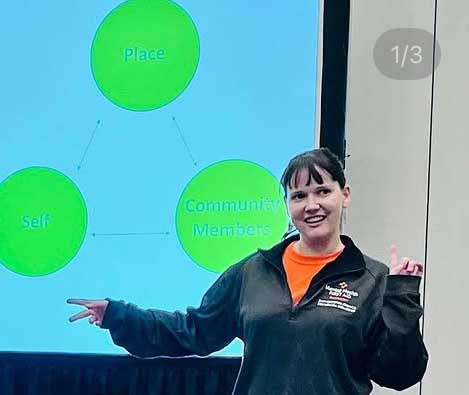
With Independence Day upon us, learn some ways you can help support those who have served our country.
1) Put it in context
Although the prevalence of PTSD is higher among returning veterans than in the general population, the vast majority of service members will return without the disorder.
2) Be sensitive to signs and symptoms they might experience
“Flashbacks,” avoidance of experiences associated with trauma, numbing of emotions, changes of view on the world as a safe place and physical anxiety like rapid breathing, light headedness and trembling are all signs and symptoms of someone who may struggle with PTSD.
3) Reach out respectfully
Introduce yourself, note any concerning symptoms non-judgmentally, tell the person you want to help and ask if you can help in any way.
4) Suggest some resources
Groups like the National Center for PTSD provide treatment resources and self-help strategies. Learn more at www.ptsd.va.gov.
To learn more about how you can help support our veterans, take a Mental Health First Aid for Veterans course. Click here to find a course near you.
The post 4 Ways You Can Support Veterans Living With PTSD in Your Community appeared first on BH365.



